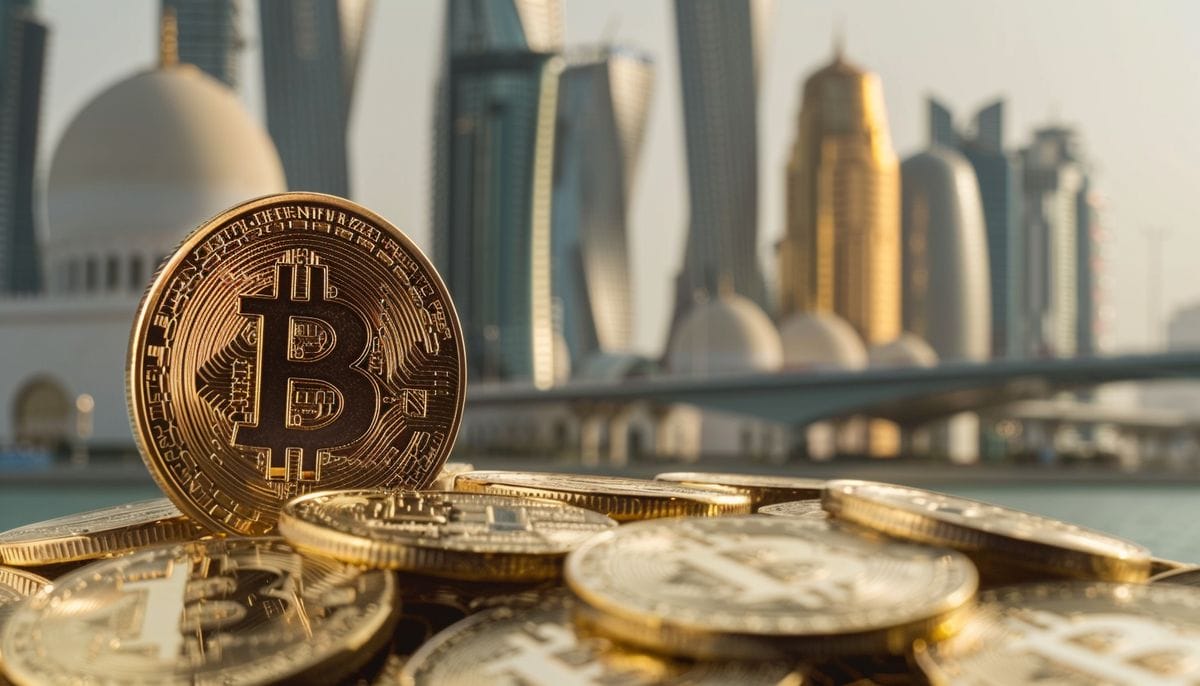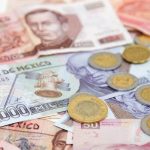Qatar is making significant strides towards establishing a crypto framework that will formally recognize digital assets as part of its efforts to strengthen the country’s digital economy. The Qatar Financial Centre (QFC) Chief of Financial Services Sector, Henk Jan Hoogendoorn, revealed in a recent interview that the country has laid a strong foundation for tokenizing various real-world assets such as securities, debt capital market instruments, investments, sukuk, and other asset classes. The framework is expected to be finalized and enacted by the fourth quarter of this year, showcasing the country’s commitment to embracing digital innovation.
To further drive the use of emerging technology, the QFC has launched a Digital Assets Lab aimed at fostering innovation and research in the financial and digital asset sectors. This initiative falls in line with the Qatar Fintech Strategy and the central bank’s endorsement of new technologies. The lab serves as a collaborative platform for startups, businesses, and researchers to develop innovative solutions using digital assets and blockchain technology. By promoting the widespread adoption of emerging technologies across various industries, Qatar aims to position itself as a global leader in digital innovation.
While Qatar had previously banned Bitcoin trading in 2018, there has been a notable shift in its regulatory stance regarding cryptocurrencies. With neighboring countries like the UAE and Bahrain making advancements in the crypto space, Qatar is revisiting its regulations to accommodate the growing interest in digital assets. Last year, the country’s financial regulators proposed a framework to regulate investment tokens backed by tangible assets, signaling a cautious entry into the crypto market. Collaboratively developed by the QFC Regulatory Authority and the QFC Authority, the digital assets framework is seen as a vital component of Qatar’s digital economy strategy.
In a bid to refine the proposed framework, industry professionals and businesses were invited to provide feedback on its structure, content, and practicality. The deadline for submitting comments was set for January 2, 2024, reflecting a transparent and consultative approach to regulatory development. Additionally, Qatar’s central bank recently completed the foundation of its digital currency and is gearing up to test it out. The digital currency system is designed to facilitate large payments efficiently, leveraging the latest technology to enhance financial transactions. Through partnerships with local and international banks, Qatar aims to fine-tune its digital currency system for optimal functionality and security.
As Qatar moves towards establishing a comprehensive crypto framework and embracing digital innovation, the country is setting the stage for growth and development in its digital economy. By recognizing the potential of digital assets and blockchain technology, Qatar is positioning itself as a hub for financial and technological innovation in the Middle East. With a collaborative approach involving industry stakeholders and regulatory bodies, Qatar is ensuring that its regulatory framework for digital assets is robust, transparent, and conducive to fostering innovation and growth in the digital economy. As the country continues to refine its digital currency system and regulatory framework, it is poised to emerge as a prominent player in the global digital assets landscape, driving economic growth and attracting investment opportunities in the region.
















